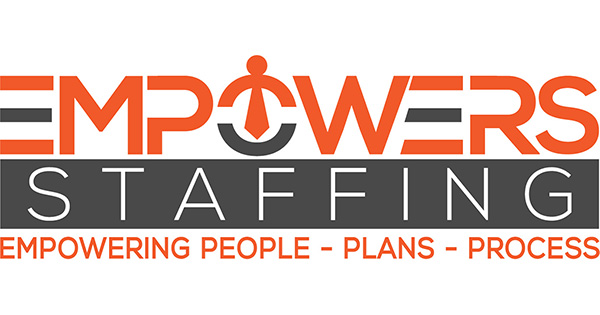In the fast-paced world of business, time is money. Every decision, every action, can have a profound impact on the success of your company. Yet, despite the urgency of filling crucial positions, some hiring managers seem to operate on a different timetable altogether. Their prolonged decision-making processes not only hamper productivity but also jeopardizes your company’s competitive edge. It’s time to shine a light on the hidden costs of slow hiring managers and why swift action is essential for success.
Imagine this scenario: A top-tier candidate, handpicked by a reputable staffing agency, eagerly awaits a decision from your hiring manager. Weeks go by, but still, no word. Meanwhile, your competitor swoops in with an enticing offer, leaving your candidate torn between loyalty and opportunity. What happens next?
Loss of Respect and Trust: Every interaction with your company shapes a candidate’s perception. When hiring managers drag their feet, candidates interpret it as a lack of respect for their time and talents. This erodes trust in your organization and diminishes its appeal as an employer of choice.
Missed Opportunities: In today’s competitive job market, top talent doesn’t stay on the market for long. A slow decision-making process increases the likelihood of losing qualified candidates to competitors who move faster and offer more decisive responses. This not only results in missed opportunities for your company but also strengthens your rivals.
Impact on Employer Brand: Your employer brand is only as strong as the experiences you provide to candidates, whether they join your team or not. Slow hiring processes tarnish your reputation as an employer, deterring potential candidates from applying in the future and damaging relationships with staffing agencies and industry partners.
Decreased Productivity: While your hiring manager deliberates, work goes unfinished, projects stall, and teams struggle to meet deadlines. The ripple effect of a vacant position extends far beyond the hiring process, impacting productivity, morale, and ultimately, your company’s bottom line.
So, what can you do to mitigate these risks?
It’s time to hold your hiring managers accountable and instill a sense of urgency in the recruitment process. Here’s how:
Set Clear Expectations: Communicate the importance of timely decision-making to your hiring managers. Emphasize the impact of their actions on both the candidate experience and the company’s success.
Provide Training and Support: Equip your hiring managers with the tools, resources, and training they need to make informed decisions efficiently. Offer guidance on assessing candidate suitability and streamlining the interview and evaluation process.
Establish KPIs and Accountability Measures: Implement key performance indicators (KPIs) to track time-to-fill metrics and monitor hiring manager performance. Hold individuals accountable for meeting deadlines and adhering to established protocols.
Lead by Example: As corporate executives, demonstrate a commitment to agility and decisiveness in your own decision-making processes. Lead by example and prioritize prompt action when it comes to hiring and talent acquisition.
In conclusion, the impact of a slow hiring manager reverberates far beyond the recruitment process, affecting candidate perception, competitive positioning, and organizational effectiveness. Recognizing the crucial role of prompt decision-making and empowering your hiring managers to act decisively is key to maintaining your company’s competitive edge and securing top talent in today’s dynamic marketplace. Remember, in the race for talent, the early bird gets the worm—and the competitive advantage. In this fast-paced realm of recruitment and staffing, Empowers Staffing Inc. stands ready as your partner for swift, efficient solutions. Specializing in IT, Banking & Finance Recruitment, we offer a range of services to promptly meet your needs. Don’t let slow hiring processes hinder your success. With Empowers Staffing, streamline your recruitment and lead the pack toward achievement.


